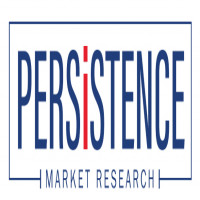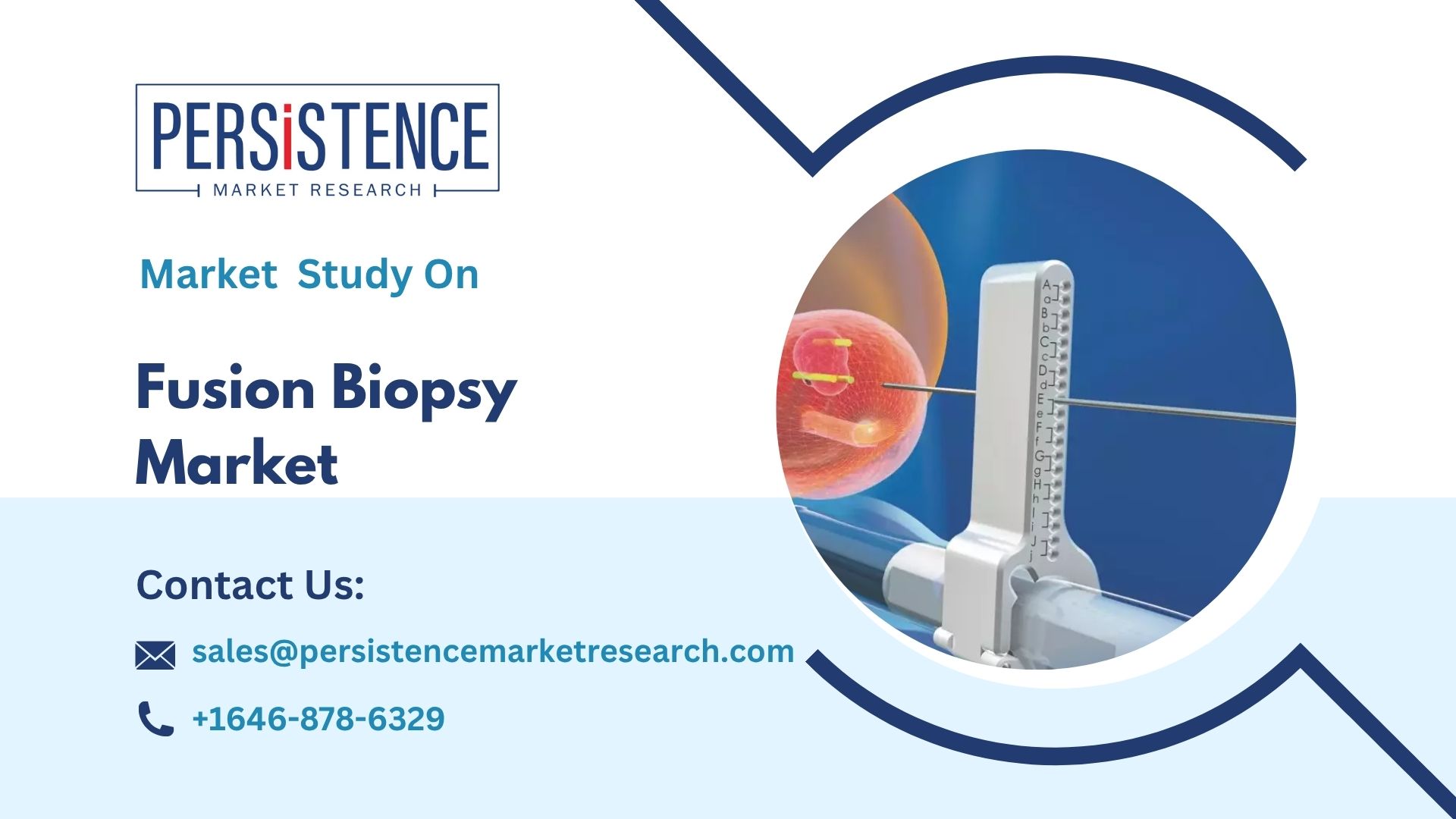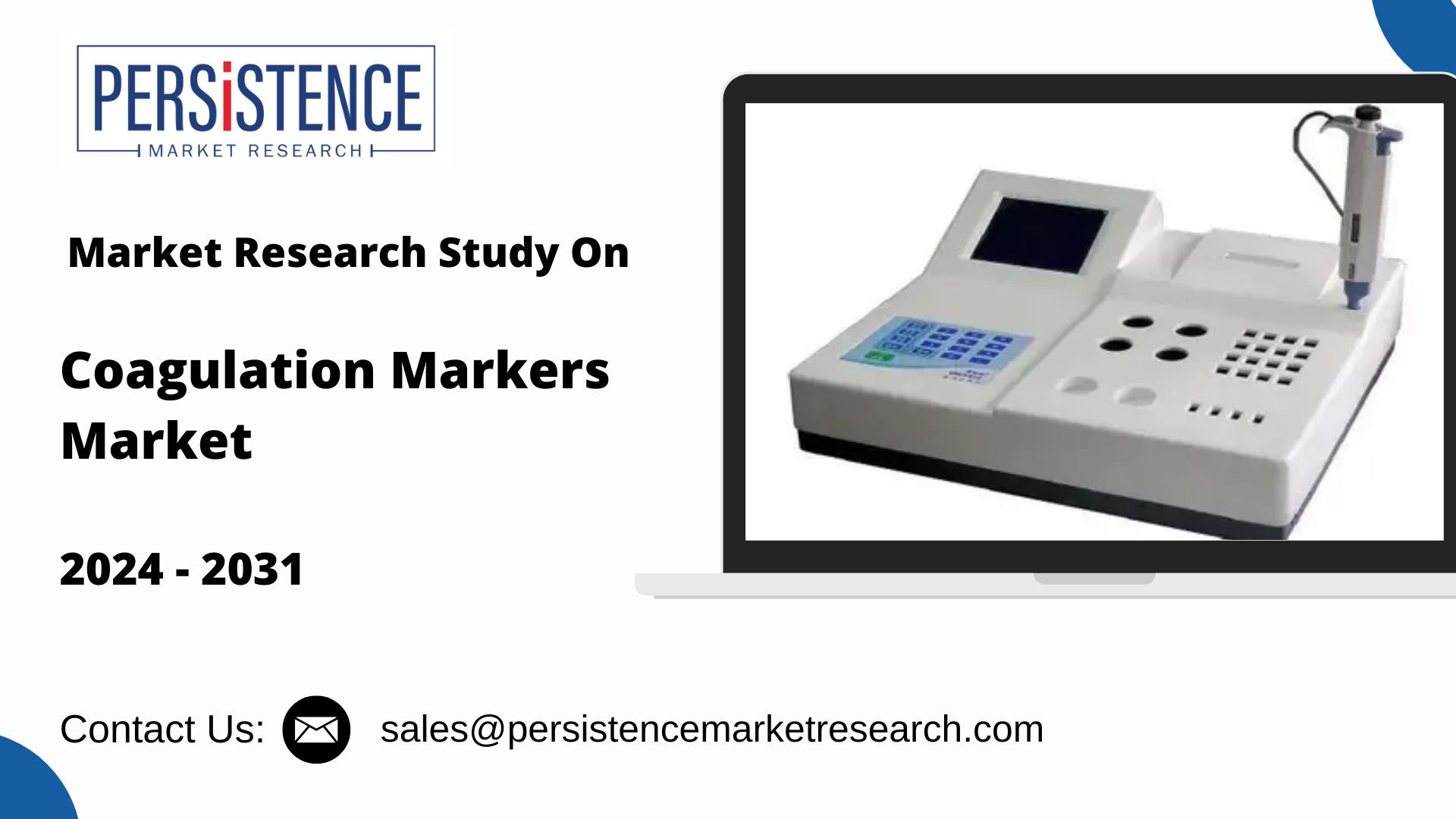Oncology Drugs Market Top Trends and Future Growth Projections

Strong 8k brings an ultra-HD IPTV experience to your living room and your pocket.
The oncology drugs market has become one of the most rapidly evolving and lucrative sectors in the global pharmaceutical industry. As cancer continues to be one of the leading causes of death worldwide, the demand for effective treatments has driven significant investments in research and development (R&D) of oncology drugs.
Innovations in drug development, breakthroughs in personalized medicine, and the expanding role of immunotherapy and targeted therapies are reshaping the landscape of cancer treatment. This article explores the top trends in the Chemotherapy Drugs Market
and provides future growth projections.
Overview of the Oncology Drugs Market
Oncology drugs are medications used to treat various types of cancer, including but not limited to breast cancer, lung cancer, prostate cancer, colorectal cancer, and hematological cancers. These drugs can be classified into several categories, including chemotherapy, targeted therapy, immunotherapy, and hormone therapy. The global oncology drugs market is expected to experience substantial growth due to an aging population, increasing cancer incidence, and advances in drug research.
Top Trends in the Oncology Drugs Market
Rise of Immunotherapy: The New Frontier in Cancer Treatment
Immunotherapy has emerged as one of the most significant breakthroughs in oncology treatment. This approach harnesses the body's immune system to fight cancer, offering targeted therapies that attack cancer cells while sparing healthy tissues. Unlike traditional chemotherapy, which indiscriminately kills rapidly dividing cells, immunotherapy aims to boost or restore immune function, allowing the body to recognize and destroy cancerous cells more effectively.
Key immunotherapy treatments such as checkpoint inhibitors, including Pembrolizumab (Keytruda), Nivolumab (Opdivo), and Atezolizumab (Tecentriq), have revolutionized the treatment of various cancers, including lung cancer, melanoma, and bladder cancer. Immunotherapy drugs targeting the PD-1/PD-L1 pathway have been approved for multiple indications and are being widely explored in combination with other cancer treatments to enhance efficacy and reduce resistance.
The future of immunotherapy lies in expanding its application to other cancer types and exploring combination therapies that integrate immunotherapy with chemotherapy, radiation therapy, and targeted drugs.
Targeted Therapy: Precision Medicine Drives Better Outcomes
Targeted therapy drugs are designed to specifically target cancer cells based on molecular and genetic abnormalities, minimizing damage to surrounding healthy cells. This precision medicine approach is particularly effective in treating cancers with identifiable biomarkers, making it a major trend in oncology drug development.
The use of monoclonal antibodies such as Herceptin (trastuzumab) for HER2-positive breast cancer or Velcade (bortezomib) for multiple myeloma has transformed treatment protocols, improving survival rates and reducing side effects. Similarly, Tyrosine kinase inhibitors (TKIs) such as Imatinib (Gleevec) and Gefitinib (Iressa) have become standard treatments for chronic myelogenous leukemia and non-small cell lung cancer (NSCLC), respectively.
As more genetic mutations and biomarkers are discovered, the range of targeted therapies is expected to expand, driving the growth of the oncology drugs market.
Cell and Gene Therapies: Personalized Cancer Treatment
Advances in gene and cell therapies represent another exciting frontier in oncology. These treatments focus on modifying the patient's own cells to treat cancer more effectively. CAR-T (Chimeric Antigen Receptor T-cell) therapy is a type of immunotherapy that involves genetically modifying a patient’s T-cells to target cancer cells. Kymriah and Yescarta are two prominent CAR-T therapies approved for the treatment of certain types of blood cancers, such as lymphoma and leukemia.
Gene therapy, which involves altering or repairing defective genes to treat disease, is also being explored to modify cancer cell behavior and enhance treatment outcomes. These therapies are still in early stages for many solid tumors, but their success in hematological cancers has sparked significant interest in expanding their use.
Combination Therapies: Enhancing Efficacy and Overcoming Resistance
The combination of different treatment modalities is becoming a key strategy in oncology to enhance efficacy and overcome cancer resistance to single-agent therapies. Researchers are increasingly exploring combinations of chemotherapy, immunotherapy, targeted therapies, and radiotherapy to treat a wider range of cancers and improve survival rates.
Immunochemotherapy, for instance, has shown considerable promise in treating cancers such as non-Hodgkin lymphoma, combining the benefits of immune checkpoint inhibitors and traditional chemotherapy. Similarly, combining targeted therapies with radiation or chemotherapy can provide a more robust treatment regimen, especially for cancers with complex genetic profiles.
The growing trend of combination therapies is expected to drive innovation in the oncology drugs market, particularly as more targeted agents and immunotherapy drugs enter the market.
Focus on Rare and Hard-to-Treat Cancers
While significant progress has been made in treating common cancers such as breast, lung, and colorectal cancers, there is an increasing focus on rare cancers and those that are difficult to treat. These include cancers such as pancreatic cancer, glioblastoma, and small-cell lung cancer, which have limited treatment options and poor prognosis.
The development of targeted therapies, immunotherapies, and novel drug formulations for these cancers is a major area of interest in the oncology drugs market. Companies are investing heavily in R&D to develop drugs that can address the unique genetic and molecular characteristics of these cancers, which are often underrepresented in clinical trials.
Biomarkers and Companion Diagnostics: Improving Treatment Precision
The role of biomarkers and companion diagnostics is crucial for the development of personalized oncology drugs. Biomarkers help identify patients who are most likely to benefit from specific therapies, reducing the trial-and-error approach to cancer treatment. For example, genetic testing for mutations such as EGFR (epidermal growth factor receptor) in lung cancer or BRCA mutations in breast and ovarian cancers allows oncologists to select the most appropriate treatment for each patient.
The increasing integration of companion diagnostics with oncology drugs is driving the growth of the market, as it allows for more precise and effective treatment regimens. Moreover, the availability of liquid biopsy techniques, which enable the detection of cancer DNA in blood samples, further enhances early detection and treatment selection.
Future Growth Projections of the Oncology Drugs Market
The global oncology drugs market is projected to grow substantially in the coming years. According to market research, the oncology drugs market is expected to exceed USD 300 billion by 2027, growing at a CAGR of 7-9%. Several factors are driving this growth:
Increasing Cancer Incidence: The rising number of cancer cases worldwide, driven by factors such as aging populations, environmental factors, and lifestyle choices, is fueling demand for effective cancer therapies.
Innovations in Treatment Options: The rapid development of novel therapies, particularly immunotherapies, targeted therapies, and gene/cell therapies, is transforming cancer treatment and offering new hope to patients.
Expansion into Emerging Markets: The growing availability of oncology treatments in emerging markets, coupled with government healthcare initiatives, is creating new opportunities for market growth.
Investment in R&D: Significant investments in R&D by pharmaceutical companies and biotechnology firms, particularly in precision medicine and combination therapies, are accelerating drug development and expanding the pipeline for new oncology drugs.
Increased Focus on Rare Cancers: As pharmaceutical companies focus on addressing the unmet need for treatments for rare and hard-to-treat cancers, the market for oncology drugs will see further diversification and innovation.
Conclusion
The oncology drugs market is undergoing a transformation, driven by innovative therapies and advances in precision medicine. Immunotherapy, targeted therapies, and combination treatments are reshaping the way cancer is treated, offering more effective, less toxic options for patients. As research continues to evolve and new breakthroughs emerge, the oncology drugs market is poised for robust growth, providing new hope for millions of cancer patients worldwide. However, challenges such as high treatment costs, access to care, and overcoming resistance remain key factors that will shape the market's future trajectory.
Note: IndiBlogHub features both user-submitted and editorial content. We do not verify third-party contributions. Read our Disclaimer and Privacy Policyfor details.







